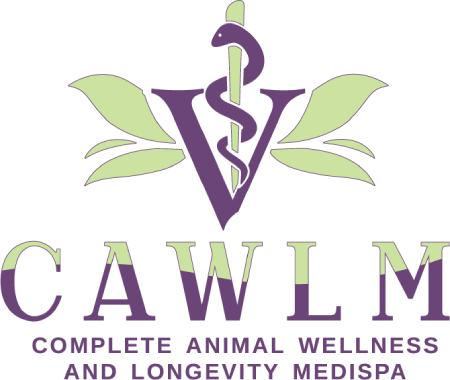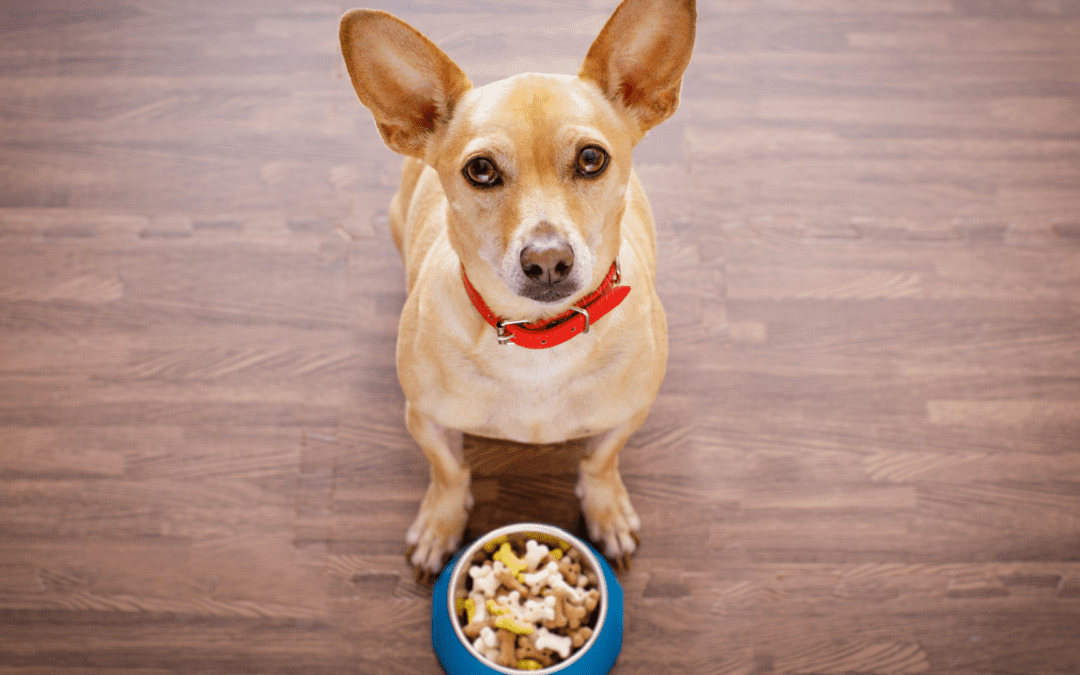The foundation of a dog’s health and lifespan is proper nutrition. Our canine friends’ dietary needs change significantly as they progress through life. We will examine how a dog’s nutritional requirements change from puppyhood through adulthood and into their senior years in this extensive guide. For you to give your animal pet the greatest care possible, you must comprehend these transitions.
1. Puppyhood
Puppyhood is a beautiful stage of development marked by unbounded vitality. These tiny furballs need specialized nutritional support to flourish because they are always exploring. Their special nutritional requirements necessitate regular meals in order to support their developing bodies and keep blood sugar levels stable. Puppies also have a fast metabolism, therefore they need a sufficient amount of calories to sustain their active lifestyles.
It’s crucial to remember that different dog breeds have a range of sizes, necessitating dietary adaptations. To lower the risk of nutrition-related diseases including hip dysplasia and osteochondrosis, controlling calorie and calcium intake is essential. Specialized puppy diets have been created to deliver the right combination of nutrients in order to meet these requirements. These diets are frequently divided by breed size categories to make sure your developing puppy gets the specialized nutrition they require.
2. Adulthood
As pups grow older, a number of factors become more important and have an impact on what they should eat. A dog’s nutritional requirements are directly impacted by changes in lifestyle, health conditions, and energy levels. The transition from a very active puppy to a more settled adult dog is one of the most important things to take into account.
It’s crucial to keep an eye on your dog’s weight, activity level, and general health throughout this stage. Obesity, a condition linked to a number of health problems, including diabetes mellitus, can result from failure to modify calorie intake to meet exercise level. Additionally, for the proper management and treatment of some medical disorders, such as osteoarthritis or kidney disease, specialized diets may be needed.
Your veterinarian should be consulted in order to come up with the best dietary strategy for dogs who have certain health issues. Veterinarians can advise meal plans that promote general wellness and take care of certain medical requirements, ensuring that your adult dog maintains a healthy weight and well-being.
3. Senior/Geriatric Years
As your loved one ages, additional considerations arise for them. Senior dogs frequently struggle with long-term management-required chronic health issues. Their dietary requirements change as their physiology changes and as they strive to maintain a high standard of living.
Key components of a senior dog’s diet to concentrate on include:
Good Fatty Acids
Omega-3 fatty acids, found in fish oil and other sources, can help support joint health and reduce inflammation, especially important for senior dogs dealing with conditions like arthritis.
High-Quality Protein
Diets rich in high-quality protein sources may be beneficial for senior dogs to preserve lean body mass and general vitality.
Vitamins C and E
These antioxidants can support cognitive function and fight the consequences of aging.
Fiber
Having enough fiber can help with digestion and weight management, which is crucial as dogs get older.
Minerals
To ensure bone health, essential minerals like calcium and phosphorus should be in balance while avoiding excesses that may lead to conditions like renal disease.
According to studies, a senior dog’s regular food can be supplemented with antioxidants to improve memory and cognitive function, keeping them mentally sharp as they age. Dehydration is a serious issue for senior dogs, so it’s critical to improve their water intake.
Conclusion
It’s crucial to your dog’s overall health to comprehend how their nutritional requirements change throughout time. You can provide them the best possible foundation for a healthy, happy life by customizing their nutrition to meet their stage of life and unique health state. By visiting your doctor frequently, you can make sure that your dog’s food is always tailored to meet their individual needs. Always keep in mind that a balanced diet appropriate for your beloved pet’s age and health is essential to ensure they lead happy, healthy lives long into old age.

